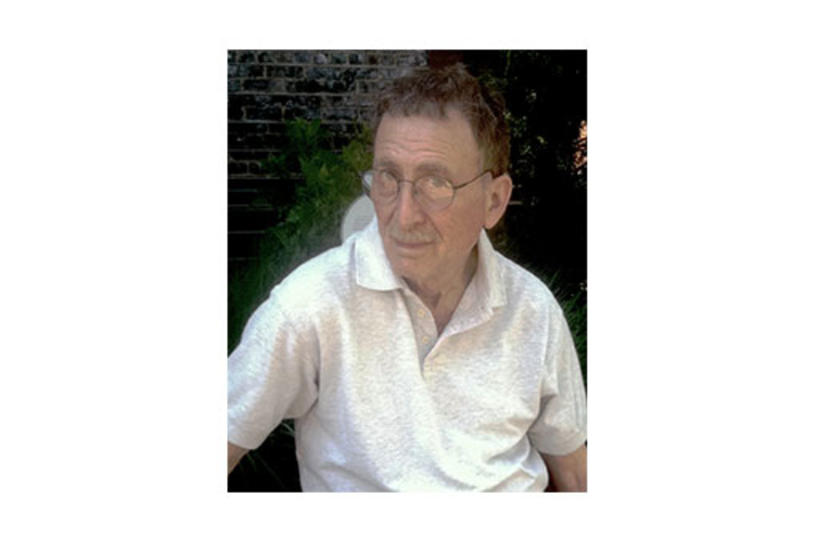
We're honored to host this guest post from Perry D Cohen PhD. Dr. Cohen is an authentic voice for the interests of PWP in the development of new PD therapies. As Director of the Parkinson Pipeline project, which he founded in 2002, he has become an international thought leader and speaker/writer on ethical and scientific issues from the patient perspective. As a volunteer research subject for nearly 2 dozen clinical studies and demonstrations himself, he has urged fellow PWP to take on more activated roles in their own healing from chronic disease, and he has advocated for patient centered research designs in scientific and regulatory forums. Educated at MIT and CMU in systems management and with >20years experience in medial research and health care policy prior to his diagnosis with PD in 1996, he has been quoted in major scientific and business media (e.g. "Nature, " "Scientific American," "Fortune" ), and cited as a recognized expert in health care management. What do we mean when advocate for a “cure?” This paper presents a vision of a “cure” for Parkinson’s (PD) as derived from my lay person’s understanding of neuro-scientific knowledge as well as my educated understanding of human systems and 16 years living with PD.
PATIENT CENTERED CARE The basic concept is that PD is a long term process such that a ”cure” is not an event, but rather a process of “healing.” PD typifies other chronic illnesses whose origins may be from genetic mutations or abnormalities that make us vulnerable to external insults. Once triggered, whether by blockage of natural healing processes from every day stresses or exposure to toxins such as alpha synuclien, the damage is accumulated over the years, slowly eating away at body functions directly (as in cell death of dopaminergic neurons) or indirectly from the imbalance of neurotransmitters or other body functions. During the 20th century, medical “miracles” surged from the findings of experimental scientific methods and expert, doctor centered care models to apply these discoveries. In contrast, the current century has produced a steady drop in the numbers of NDAs (New Drug Applications) and approvals at FDA in general as the cost of bringing a new therapy to the market in this century has mushroomed beyond one billion dollars. The response to the crushing costs of evaluation of innovation has been an increasing momentum toward a fundamental paradigm shift to a patient centered model for medical research and health care. This model treats PWP as partners and takes into account the strong psychological component in the effective treatment (the human element) for all chronic disease. In a patient centered model, the importance of activation and engagement of the patient and their spirit, hopes and expectations are paramount. A PWPs own evaluation of the risks and benefits of therapies will be the operational objectives for each individual who will profit from becoming a full partner with medical professionals, who also take new roles as experts to assist in the interpretation of scientific evidence and the specification of alternative choices for treatment decisions. What does this patient centered paradigm mean for patients, doctors, medical research, and health care delivery and what tools do we need to implement patient centered health?
- We need a better understanding of what motivates and what inhibits PWP from becoming more activated and engaged in their own care. We know that there are effective actions, such as regular exercise, that we can take to help our symptoms. Everyone can do more to self-activate. How can we reinforce and support self-activation, including participation in clinical research?
- We need information technology to provide personalized information support for health decisions and to facilitate communications between doctors and PWP, such as a diary with a standardized method to collect individual data on observations of daily living (ODL). We also need a standardized data set and electronic health records (EHR) to provide a rich source of observational data for tasks such as monitoring safety of therapies throughout their life-cycle.
- We need PD community wide support for patients as true partners in medical research and health care, not merely research subjects or customers for medical products. We also need greater consideration of the patient perspective in regulatory decisions, especially where it differs from the scientists’ views. For example, we need to balance the safety for patients with the time delay for additional pre-clinical studies.
ACTIVATION So if you are waiting for the cure to come to you, remember that you are more likely to find it sooner if you meet it half way. There are many ways to become more engaged and activated ranging from seeking information and support for yourself to advocating/educating others about your experience. Not everyone can take on the outreach and advocacy roles, but everyone can do more than they are doing now. Particularly important at the current time is participation in clinical research, which is necessary to gain public safety approval by FDA. Less than 1% of PWP now participate in research. The Michael J. Fox Foundation for Parkinson’s Research has recently launched a new tool to help you not only identify the right study for you, but also to complete the introduction by connecting you directly with the research site for a full evaluation. Especially important in this new enterprise has been the organization of a community wide collaborative effort to address the problems. Long time PWP activists, such as the leaders of Parkinson Pipeline Project, have rallied behind the Fox Trial Finder web site and joined the Fox Community Partners because of our fundamental belief that it will take a unified community wide effort to sustain the on-going research and programs to support healing from PD. Our hope is that realization of the importance of PWP participation in clinical research goes beyond our role to volunteer as research subjects to include true partnership in discovery.